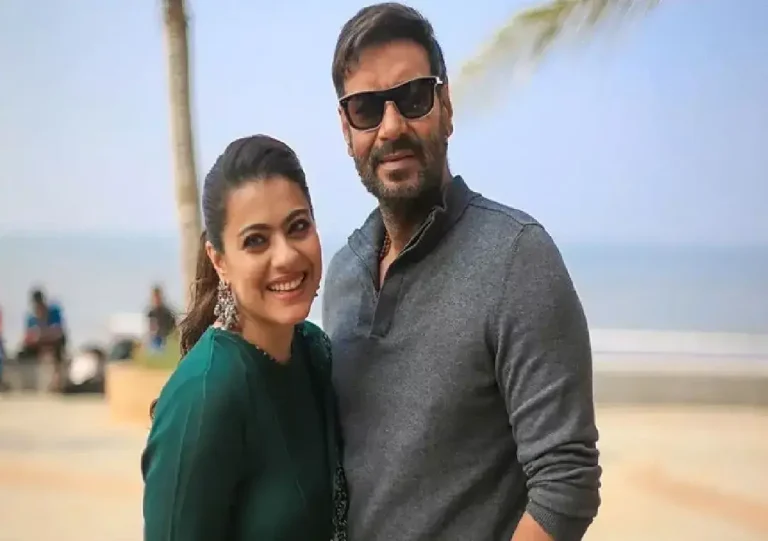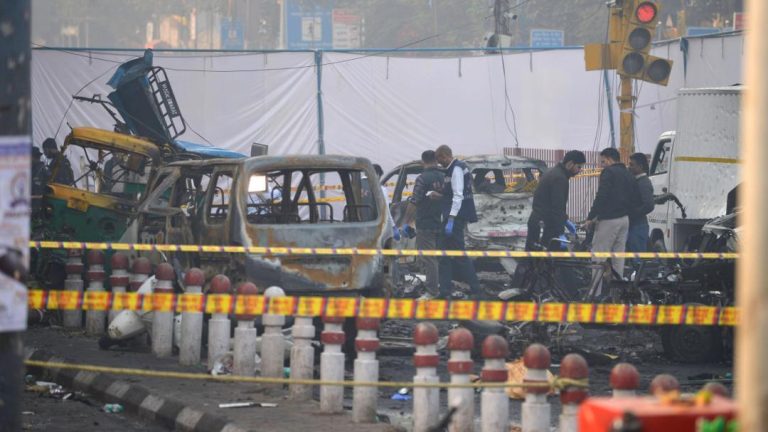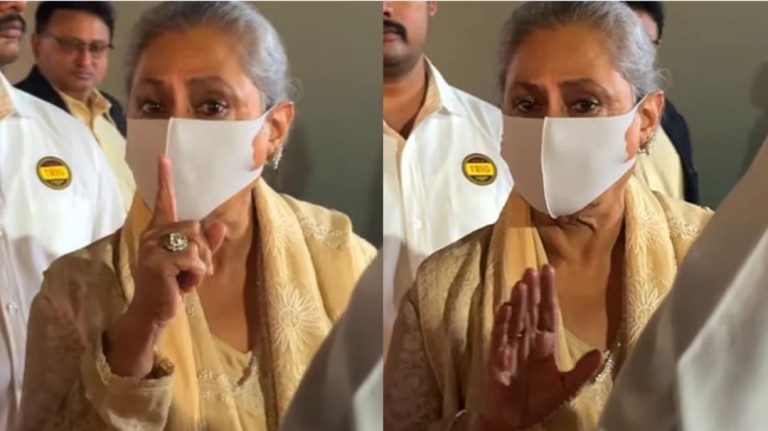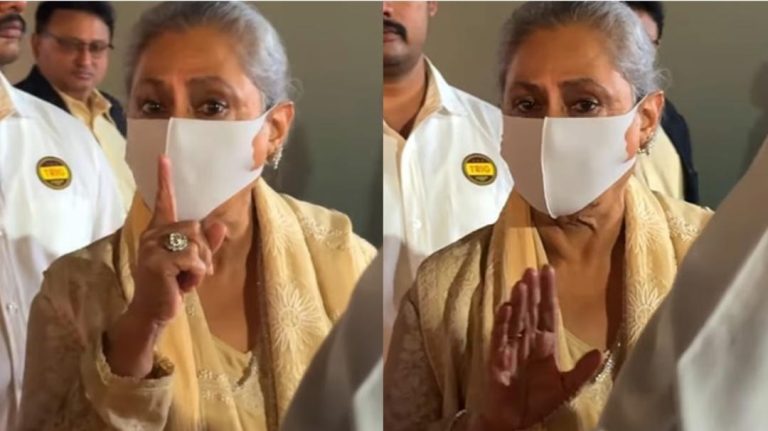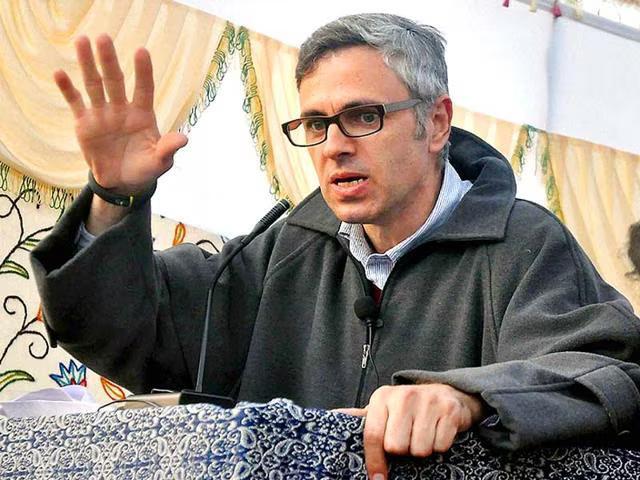
US Doesn’t Care About Any Other Country: J&K CM Omar After Trump-Pak Army Chief Lunch
The world is still reeling from the shocking announcement that US President Donald Trump hosted Pakistan Army Chief General Asim Munir for lunch, amidst the ongoing tensions between India and Pakistan over the Kashmir issue. The move has sparked widespread outrage and disappointment among many, including Jammu and Kashmir (J&K) Chief Minister Omar Abdullah, who has slammed the US for its lack of concern for other countries.
In an interview with a leading news channel, Omar Abdullah sharply criticized the US President’s decision, saying, “We can’t dictate to the US President whom he should invite for dinner. We used to think the US President was our close friend, and he’d respect that, but the US does what benefits them, they don’t care about any other country.”
Abdullah’s scathing remarks come amid growing concern over the US’ increasing closeness with Pakistan, which has been accused of supporting terrorism and perpetuating violence in the region. The J&K CM’s comments are a stark reminder of the complexities of international diplomacy and the often-selfish nature of global politics.
The US-Pakistan relationship has been a subject of controversy for many years, with critics accusing the US of providing military aid to Pakistan despite its questionable human rights record and alleged support for terrorist groups. The recent meeting between Trump and Pakistan’s army chief has only added fuel to the fire, with many questioning the US’ commitment to combating terrorism in the region.
Omar Abdullah’s remarks also touch on the complex issue of India-US relations, which have been on an upward trajectory in recent years. Despite the US’ close ties with India, the country has often been criticized for its lack of support for New Delhi on issues like Kashmir and terrorism. Abdullah’s comments suggest that the US’ actions are guided more by self-interest than a genuine desire to support its allies.
The Kashmir issue has been a major point of contention between India and Pakistan for decades, with both countries accusing each other of human rights abuses and terrorism. The situation has deteriorated significantly in recent years, with the Indian government’s decision to scrap Article 370 of the Constitution, which granted special status to Jammu and Kashmir.
The US has traditionally maintained a neutral stance on the Kashmir issue, but its recent actions have raised concerns that it may be tilting towards Pakistan. The meeting between Trump and Pakistan’s army chief has been seen as a significant development in this regard, with many questioning the US’ commitment to supporting India’s efforts to resolve the Kashmir issue peacefully.
In the face of such challenges, Omar Abdullah’s comments serve as a wake-up call for India and its allies to re-evaluate their relationships and priorities. The J&K CM’s remarks also highlight the need for greater transparency and accountability in international diplomacy, as well as a more nuanced understanding of the complex issues that shape global politics.
As the world grapples with the implications of the US-Pakistan meeting, it is clear that the situation is far from resolved. The Kashmir issue remains a major point of contention, and the US’ actions will have significant consequences for the region. In the face of such uncertainty, Omar Abdullah’s sharp response serves as a reminder of the importance of standing up for what is right, even in the face of adversity.
